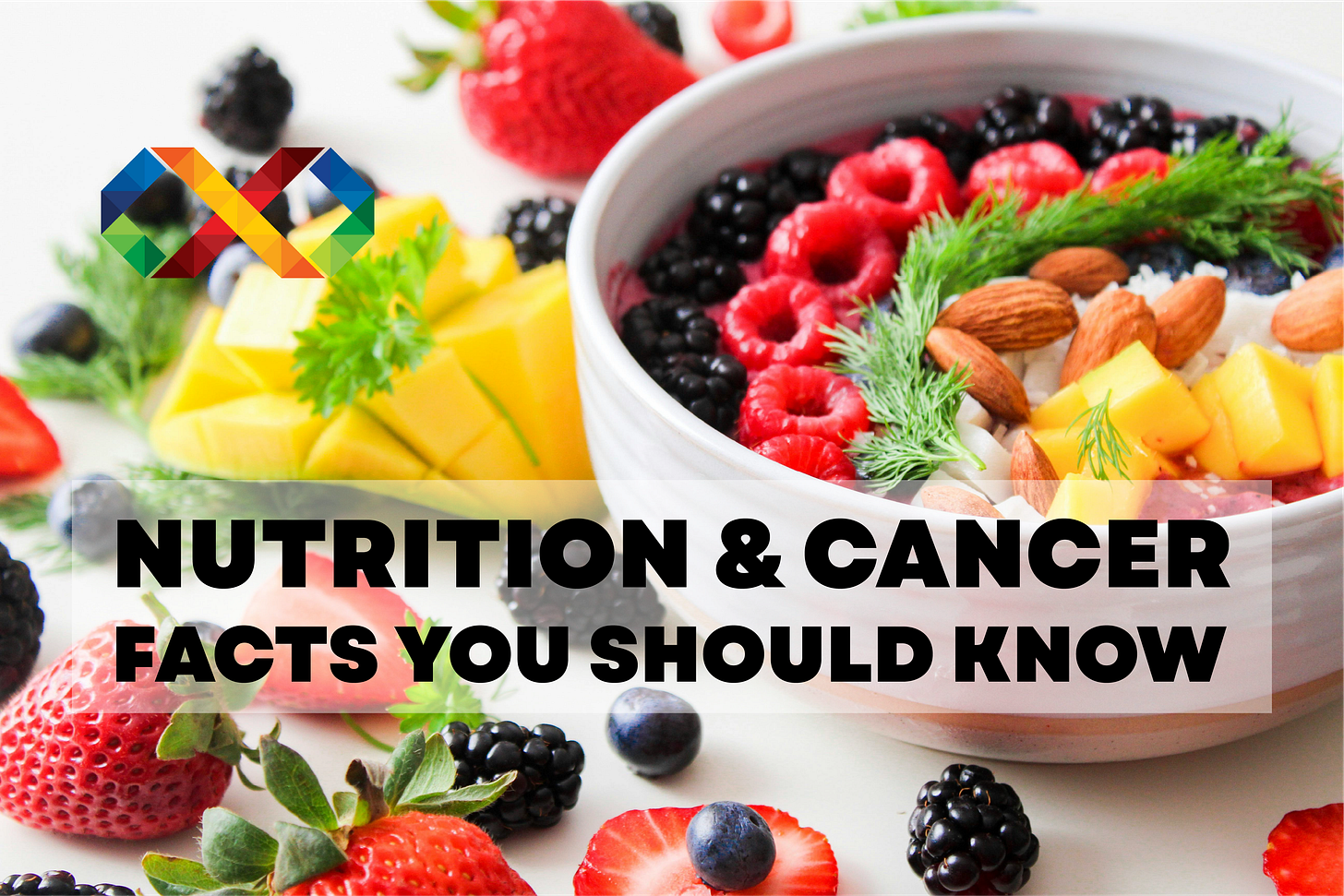Biohack Your Diet: 10 Proven Foods That May Reduce Cancer Risk
Discover how everyday foods like berries, broccoli, and turmeric can help protect your body from cancer, according to peer-reviewed research.
What if your grocery list could actually help protect you from cancer?
While no food is a cure, studies show that some natural ingredients are packed with compounds that protect DNA, lower inflammation, and even slow cancer cell growth. And the best part? Most are already in your kitchen.
1. 🫐 Berries
Berries (blueberries, raspberries, blackberries) are rich in anthocyanins, antioxidants that protect cells from oxidative damage. They also contain ellagic acid, which may suppress tumor development.
🔬 In one clinical study, freeze-dried strawberries reversed precancerous esophageal lesions in 80% of patients.
👉 Cancer Prevention Research, 2012
✅ How to eat them:
Add ½–1 cup to oatmeal, Greek yogurt, or smoothies.
Keep frozen berries on hand, they’re just as nutritious.
Use them to replace sugary snacks or dessert.
2. 🥦 Broccoli & Cruciferous Veggies
Broccoli, cauliflower, kale, and Brussels sprouts contain sulforaphane, a compound that helps detox cancer-causing agents and triggers cancer cell death.
🔬 A 2024 review of 226 studies confirmed that high intake of cruciferous vegetables can reduce overall cancer risk by 20–30%.
👉 Nutrition Reviews, 2024
✅ How to get more:
Lightly steam (3–4 mins) or eat raw with hummus.
Chop 5 mins before cooking to activate sulforaphane.
Add shredded cabbage or kale to soups, stir-fries, or wraps.
3. 🧄 Garlic
This powerful bulb contains allicin, which has antimicrobial, anti-inflammatory, and anti-cancer effects. It helps block the formation of nitrosamines (cancer-causing compounds in the gut).
🔬 A 2022 meta-analysis showed that high garlic intake lowered stomach cancer risk by 35%.
👉 Oncology Letters, 2022
✅ How to eat it right:
Crush or mince and let it rest for 10 mins before cooking.
Add to sautéed greens, sauces, or toast with olive oil.
Eat raw in dips or dressings for the biggest benefit.
4. 🌟 Turmeric (Curcumin)
Curcumin, turmeric’s active compound, can reduce inflammation, inhibit tumor blood supply, and even enhance chemotherapy response.
🔬 In a 2011 trial, smokers taking 4g/day of curcumin for 30 days saw a 40% reduction in precancerous colon lesions.
👉 Cancer Prevention Research, 2011
✅ Boost absorption:
Mix with black pepper and healthy fat (like olive oil).
Use in curries, eggs, or golden milk tea.
Aim for ½–1 tsp daily if possible.
5. 🍵 Green Tea
Green tea contains EGCG, a catechin that triggers cancer cell apoptosis and inhibits angiogenesis (tumor blood supply formation).
🔬 A meta-analysis found that drinking 5+ cups/day led to a 32% lower risk of stomach cancer.
👉 J Prev Med Public Health, 2010
✅ Make it count:
Brew at 80°C (175°F) — boiling kills antioxidants.
Add lemon to boost catechin absorption.
Drink unsweetened, 2–3 cups daily.
6. 🍅 Tomatoes
Tomatoes are rich in lycopene, a red pigment antioxidant shown to inhibit prostate cancer growth and reduce DNA damage.
🔬 In a Harvard study, men eating tomato sauce 2–4 times/week had a 35% lower risk of prostate cancer.
👉 Exp Biol Med, 2002
✅ Absorb more lycopene:
Eat cooked tomatoes with olive oil (think marinara, soups).
Use tomato paste or salsa in your weekly meals.
Snack on cherry tomatoes with a drizzle of EVOO.
7. 🥬 Leafy Greens
Spinach, kale, and chard are packed with folate, beta-carotene, and lutein — all key for DNA repair and cell health.
🔬 The USDA notes that leafy greens may reduce the risk of stomach, breast, and skin cancers.
👉 USDA, 2013
✅ Sneaky ways to eat more:
Toss a handful into your smoothies.
Use spinach as a base instead of lettuce.
Add to omelets, stir-fries, or wraps.
8. 🌰 Nuts (Especially Walnuts & Brazil Nuts)
Nuts offer healthy fats, selenium, and polyphenols that fight inflammation and oxidative stress.
🔬 A 2020 meta-analysis of 38 studies showed that regular nut eaters had a 10% lower overall cancer risk.
👉 Aging, 2020
✅ Snack smarter:
Eat a small handful (about 28g) per day.
Add chopped walnuts to oatmeal or salads.
Brazil nuts: just 1–2 per day gives your full selenium dose.
9. 🫘 Beans & Lentils
These fiber-rich foods help detoxify the colon, reduce insulin spikes, and feed good gut bacteria — all protective against cancer.
🔬 A review of nearly 2 million people found that legumes were linked to a 9% lower colorectal cancer risk.
👉 Scientific Reports, 2015
✅ Simple swaps:
Use black beans in tacos, lentils in stews, or chickpeas in salads.
Try hummus as a snack or spread.
Aim for 3–4 servings a week.
10. 🐟 Fatty Fish (Salmon, Sardines, Mackerel)
High in omega-3s and vitamin D, fatty fish reduces inflammation and may block cancer-promoting compounds.
🔬 A large analysis showed eating fish was associated with a 12% lower risk of colorectal cancer.
👉 Am J Med, 2012
✅ What to do:
Eat 2 servings/week (fresh or canned).
Grilled salmon, sardine toast, or tuna salad are easy wins.
If you’re plant-based, try chia or flaxseeds, but fish omega-3s are more bioavailable.
❓ Can food alone prevent cancer?
Nope. But research shows that a mostly plant-based diet, rich in anti-inflammatory and antioxidant compounds, can significantly lower your risk. These foods aren’t magic but they are powerful tools when combined with healthy lifestyle habits. 🧠
✅ Your Anti-Cancer Action Plan
Start simple. Try adding 2–3 of these foods this week:
Toss spinach into your eggs
Sip green tea instead of soda
Cook with garlic and turmeric
Replace chips with walnuts
Over time, small steps = big results.
💬 Your Turn: Drop your favorite anti-cancer recipe or tip in the comments, let’s build a healthier kitchen together. 👇



